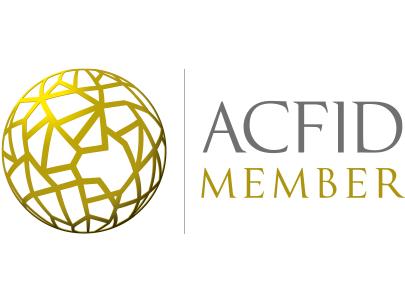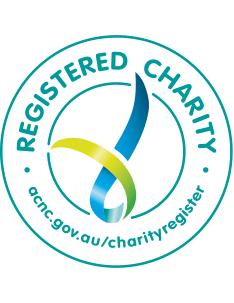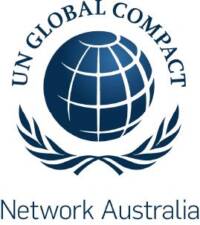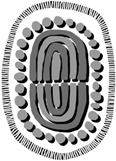BLM
June 25, 2020
Why we desperately need to build more ‘bridging’ capital
With the oldest living Indigenous culture, over 300 cultural backgrounds and languages spoken, and nearly half the population with at least one parent born overseas (as I do), Australia is considered one of the most multicultural nations in the world.
The outpouring of emotion after the death of George Floyd, galvanised by the Black Lives Matter campaign, was seen here with demonstrations regarding the grave injustices Indigenous Australians have and continue to experience. In particular, the 430+ deaths in custody since 1991.
Australia’s shameful record on indigenous rights continues to this day, with little progress on Closing the Gap. As a snapshot, our First Nations peoples:
- Are 32 times more likely to be hospitalised for family violence as non-Indigenous people;
- Comprise 20 per cent of those experiencing homelessness;
- Account for 48 per cent of young people under youth justice supervision and more than half (59 per cent) of young people in youth detention;
- Experience twice the child mortality rate compared to non-Indigenous children;
- In their first year of full-time schooling, are twice as likely to be categorised as developmentally vulnerable (48%) than non-Indigenous children;
- Are ten times as likely to be in out-of-home care;
- Experience 49 per cent unemployment compared to around 75 per cent for non-Indigenous Australians;
- Will, on average, die eight years earlier than non-Indigenous Australians.
We’ve heard it from Adam Goodes and Eddie Betts – racism is prevalent at sporting events, experienced by every second Aboriginal Australian. Research has shown racism is a key determinant of the health of Indigenous Australians and could well explain the unremitting gap between the health and socioeconomic outcomes of Indigenous and non-Indigenous Australians.
But racism doesn’t stop there. Seven out of ten students experience racism during their childhood, most of them in school. One in five Australians has experienced racism in the last 12 months and a third have experienced racism within their workplace or education facility.
One suggested theory for this is that as humans, we are more comfortable interacting with ‘our own kind’, building ‘bonding’ capital and less receptive to mixing with people from different backgrounds, developing ‘bridging’ capital.
In short, we desperately need to encourage more cross-cultural exchange, experience and understanding – something we at AVI are committed to every single day. It lies at the heart of everything we do and for this, our lives and the lives of everyone we are privileged to work alongside, are so deeply enriched.




